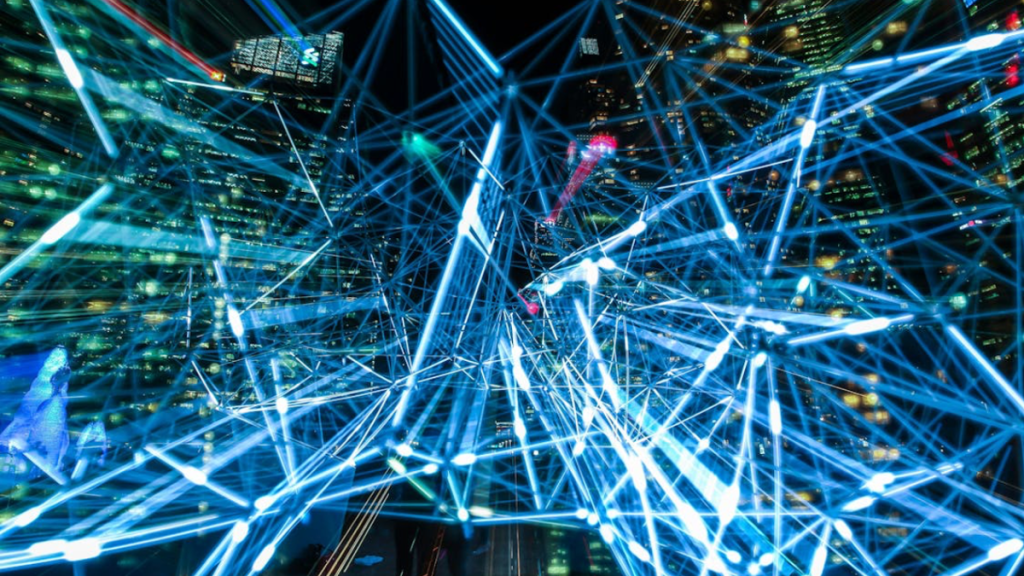Artificial intelligence (AI) is rapidly transforming the world as we know it, impacting everything from our daily routines to complex global industries. No longer confined to science fiction, AI is a present-day reality, driving innovation and reshaping how we live, work, and interact with technology. From healthcare to AI photo editing apps like Photoleap let’s take a closer look
The Rise of AI
AI’s fundamental goal is to simulate human intelligence in machines. This involves creating systems that can learn from experience, make decisions, and perform tasks that typically require human cognitive abilities. The current surge in AI capabilities is due to advancements in machine learning, particularly deep learning, which allows computers to process and analyze vast amounts of data with unprecedented speed and accuracy.
AI in Everyday Life
AI has seamlessly integrated into our daily lives, often in ways we may not even realize. Virtual assistants like Siri and Google Assistant use AI to understand and respond to our voice commands. E-commerce platforms utilize AI-powered recommendation systems to suggest products based on our browsing and purchase history. Even our smartphones are packed with AI, from facial recognition for unlocking devices to personalized news feeds.
AI and Creativity: A New Frontier
AI is not just about automation and efficiency; it’s also becoming a tool for creative expression. For example, an AI photo app like Photoleap allows users to easily edit and enhance their photos. Photoleap offers a range of AI-powered features, enabling users to remove unwanted objects, swap backgrounds, enhance image quality, and apply artistic effects. This empowers both amateur and professional photographers to achieve stunning results with minimal effort.
Transforming Industries
The impact of AI extends far beyond personal convenience, revolutionizing entire industries:
- Healthcare: AI is accelerating medical research, aiding in early disease diagnosis, and personalizing treatment plans. AI-powered tools can analyze medical images, predict patient outcomes, and even assist in robotic surgery.
- Finance: AI is used for fraud detection, algorithmic trading, risk assessment, and customer service. AI chatbots handle routine inquiries, while sophisticated algorithms analyze market trends to inform investment decisions.
- Manufacturing: AI-powered automation is streamlining production processes, improving quality control, and reducing operational costs. Robots equipped with AI can perform complex tasks with precision and efficiency.
- Transportation: Self-driving cars are perhaps the most visible example of AI in transportation, but AI is also optimizing logistics, improving traffic management, and enhancing safety features in vehicles.
- Customer Service: AI-powered chatbots are transforming customer service by providing instant support, answering frequently asked questions, and resolving simple issues. This allows human agents to focus on more complex customer needs.
The Future of AI
The potential of AI is vast and still largely untapped. As AI technology continues to evolve, we can expect even more transformative changes across all aspects of society. Emerging trends include:
- Enhanced Efficiency and Productivity: AI will continue to automate tasks, optimize processes, and improve decision-making across various industries.
- Solving Complex Problems: AI’s ability to analyze vast datasets will be crucial in addressing global challenges like climate change, disease outbreaks, and resource management.
- Personalized Experiences: AI will enable increasingly personalized experiences in areas like education, entertainment, and healthcare.
- New Job Opportunities: While some jobs may be displaced by automation, AI will also create new roles in areas like AI development, data science, and AI ethics.
AI’s journey is just beginning. As the technology matures, it will continue to reshape our world, offering both unprecedented opportunities and new challenges that we must navigate responsibly.

